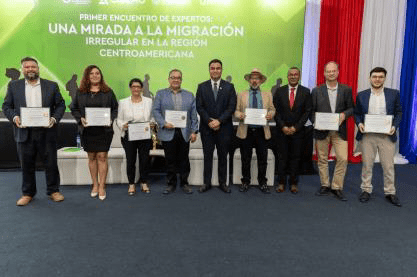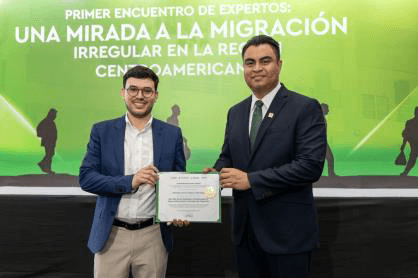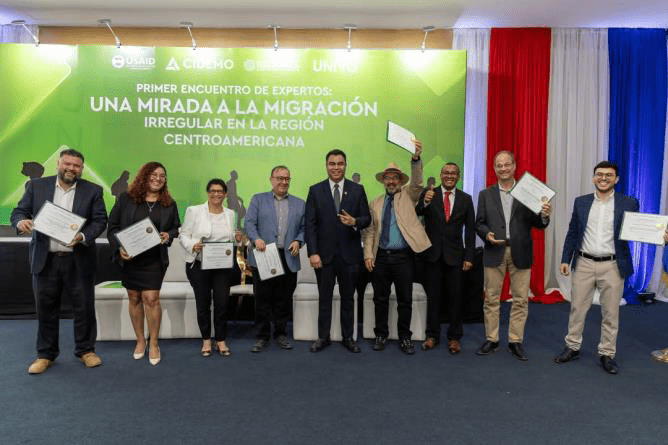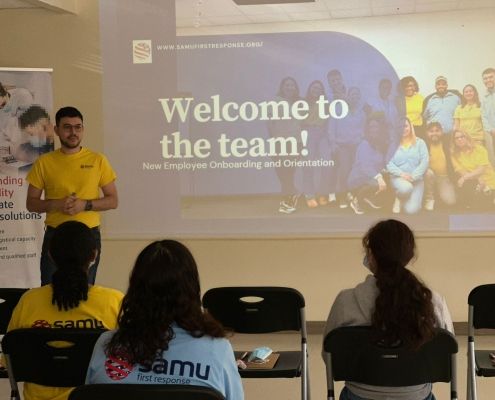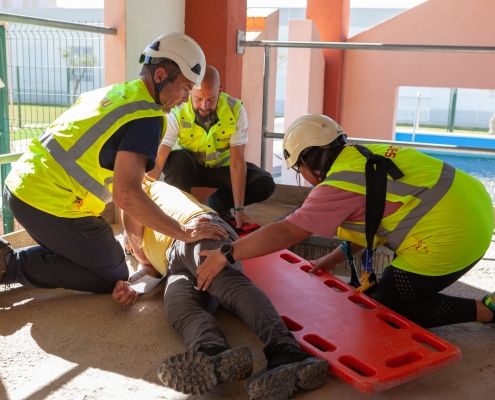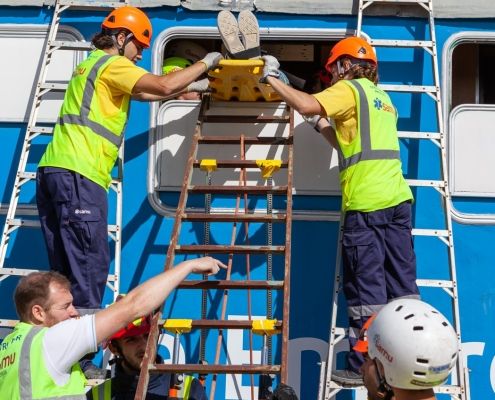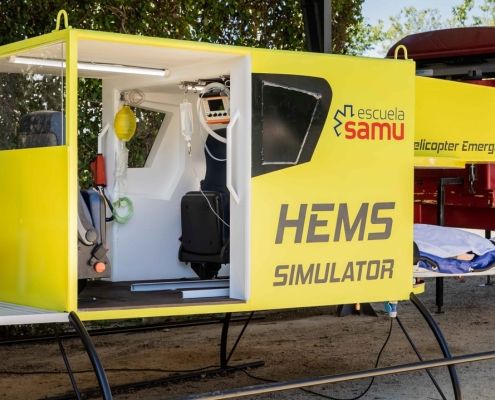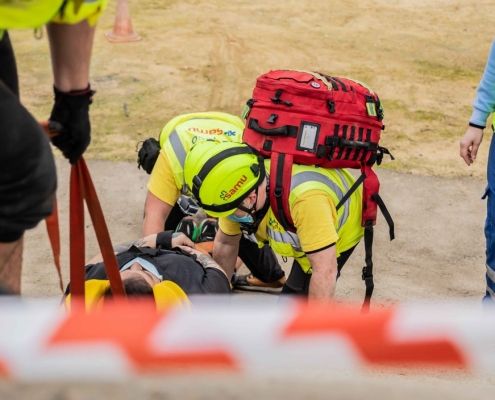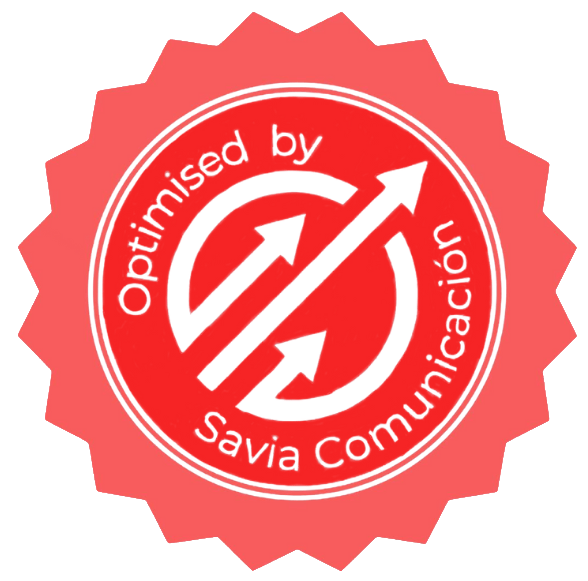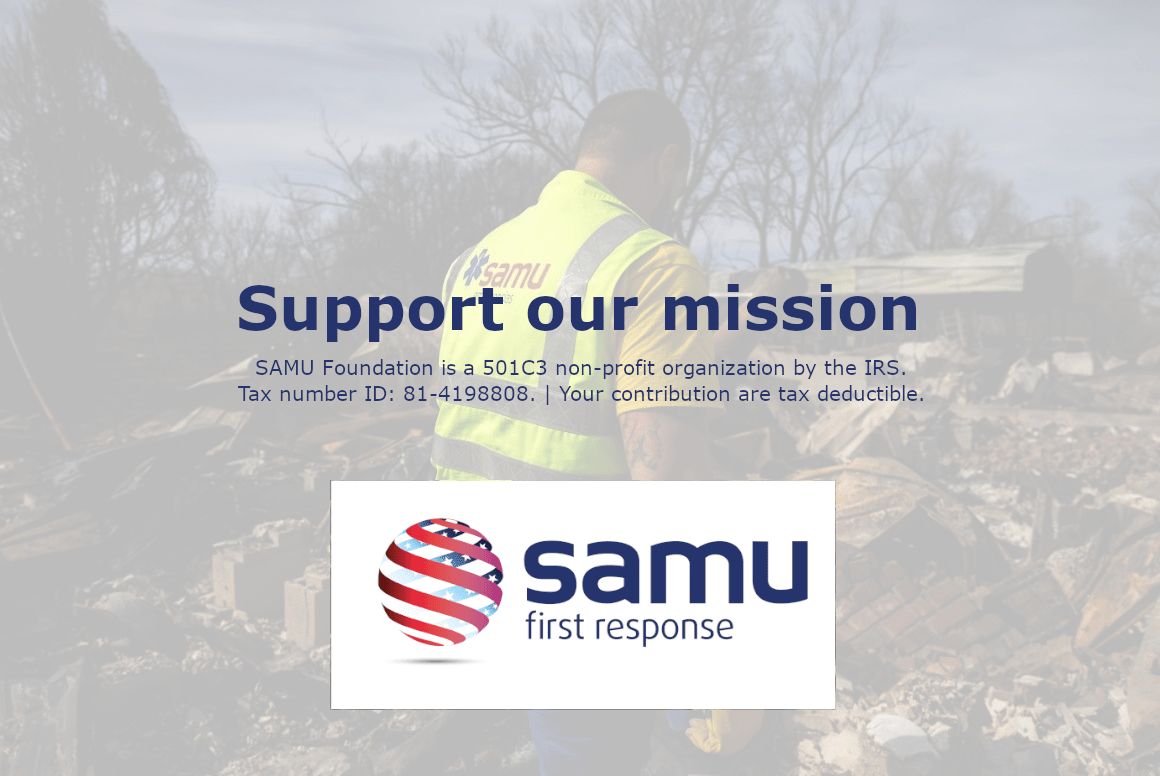Samu Education
Welcome to Samu Education, an educational initiative driven by SAMU Group and its allies. Our goal is to enhance human talent within our organization and associated organizations in the Washington D.C. and DMV area, with aspirations to expand our reach across the entire United States.
At Samu Education, we believe that ongoing training and education are key to enhancing organizational productivity. Through our programs, we aim to ensure that employees not only reach optimal levels of motivation but also acquire the technical training necessary to make informed and effective decisions.
Our methodological approach is continuously evolving and developing. We invite you to stay tuned for updates, as we will soon be sharing exciting news. Furthermore, we encourage you to spread the word about SAMU, where we continue to work hard to achieve great things.
Our organization has recognized worldwide experience in training related to crisis management, emergencies and first aid.
Join us at Samu Education and be part of the change!
Recent activities
Emergency Deployment Training
A total of 12 team members completed the Emergency Deployment Training organized by Escuela SAMU. This program prepared them to respond quickly and efficiently during crisis situations, covering topics such as logistical planning, resource allocation, and teamwork in emergencies.

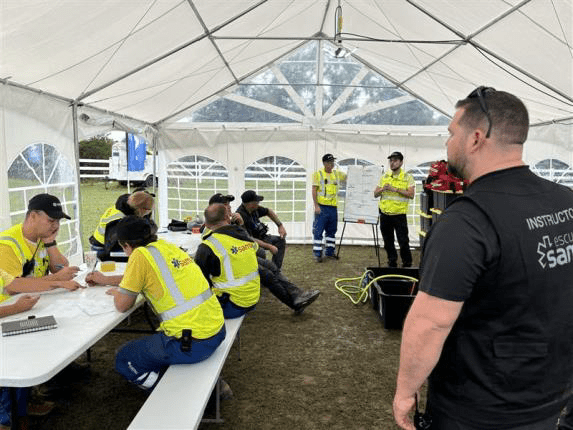
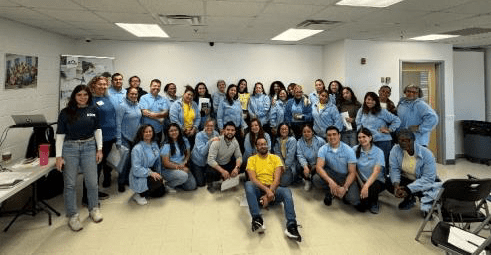
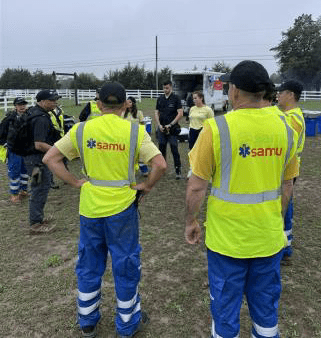
Active Shooter Response Training
In preparation for potential threat situations, 76 staff members participated in a training on how to respond in the event of an active shooter. This training focused on situational awareness, response protocols, and tactics to employ during an active threat, reinforcing SAMU’s commitment to the safety of both staff and the communities it serves.
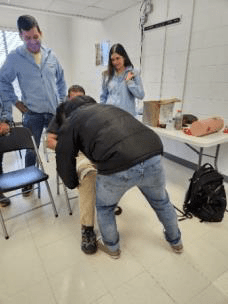
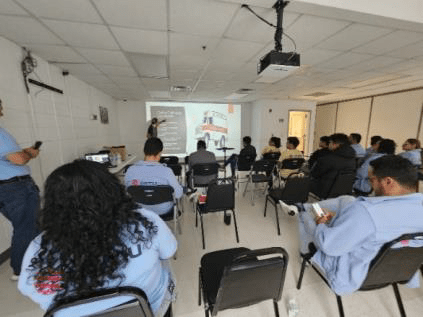
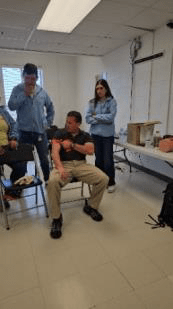
Emergency Response Exercise – October 8, 2024
On October 8, 2024, a full-scale emergency response exercise took place in Annapolis, Maryland, involving 10 SAMU staff members and the Annapolis Office of Emergency Management (OEM), along with other local, state, federal, and non-governmental agencies. The exercise simulated the arrival of migrant buses in downtown Annapolis and the establishment of a temporary shelter for up to 50 people within 1.5 hours of notification.
The objectives were to assess the city’s ability to execute a migrant intake center, coordinate with various stakeholders, and ensure effective communication and service delivery. Key activities included triage, first aid, registration, medical screenings, and transportation support for the migrants.
The exercise took place at the Stanton Center for intake and Pip Moyer for sheltering. The SAMU First Response team was recognized for their professionalism, efficiency, and coordination in
managing the emergency scenario. Overall, the exercise highlighted the importance of preparation and collaboration in emergency management.
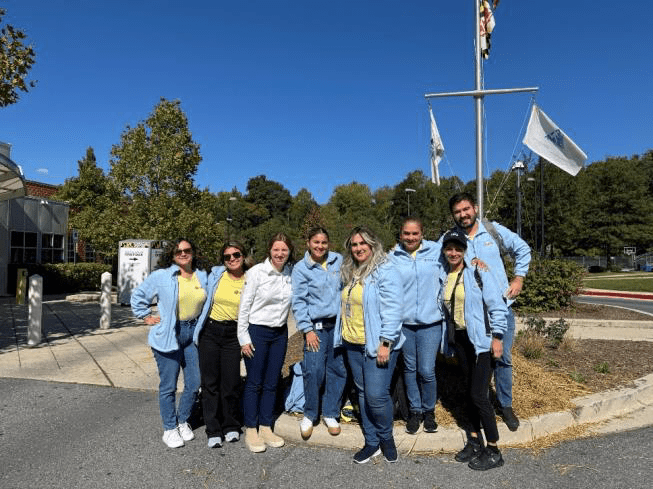

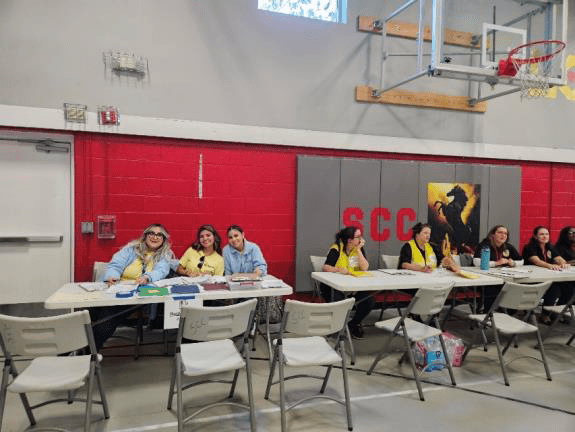
SAMU Education Presentation at the First Migration Research Alliance Meeting
A key event was SAMU’s participation in the first meeting of the Migration Research Alliance in Seville, Spain, on October 16. During this event, the SAMU team presented the SAMU Education initiative: Empowering Heroes: Training and Education in Humanitarian Response. The initiative aims to foster collaboration and promote research on migration issues, emphasizing the crucial role of education and training in humanitarian responses. This presentation highlighted the organization’s commitment to advancing knowledge and building international partnerships to effectively address the complex challenges of migration.
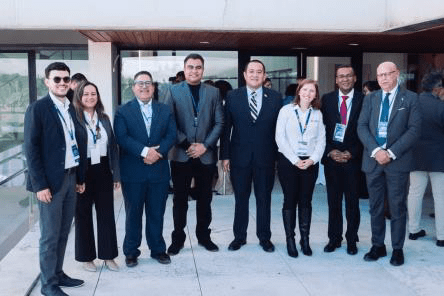
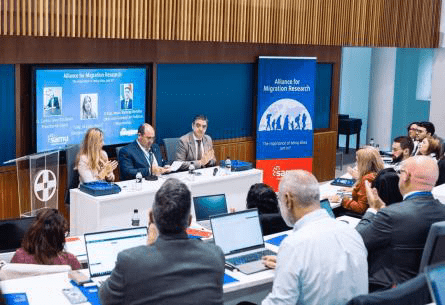
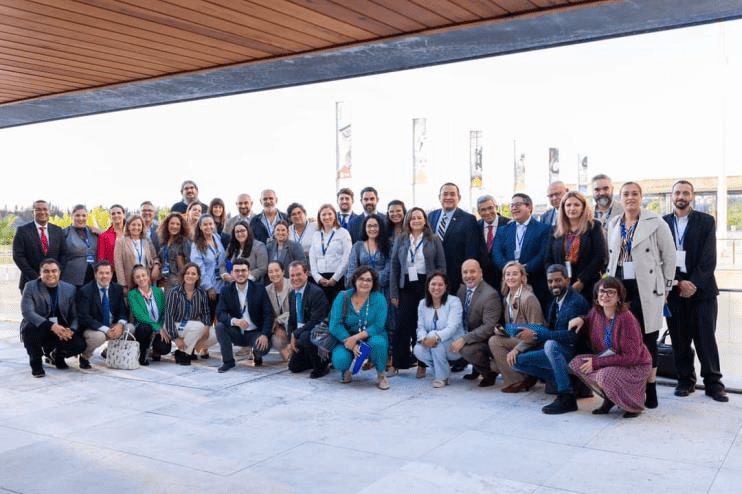
SAMU Education at the First Expert Meeting on December 4th : An Overview of Irregular Migration in the Central American Region
On December 4th, Rolando Vasquez represented SAMU Education at the First Expert Meeting: A Look at Irregular Migration in the Central American Region held in El Salvador. This event, organized by CIDEMO-UNIVO through its Migration and Transparency Observatory with the support of USAID, concluded with a day of analysis, constructive dialogue, and strategic proposals addressing the challenges of irregular migration in Central America.
The event fostered essential discussions between experts, civil society, and academia, aiming to design inclusive public policies. SAMU ED contributed with a presentation focused on Youth Empowerment in Migration Contexts. Our presentation highlighted strategies to strengthen the capacities of young migrants through education, employability, and social well-being, emphasizing the importance of empowering youth to build a better future in the face of migration challenges.
